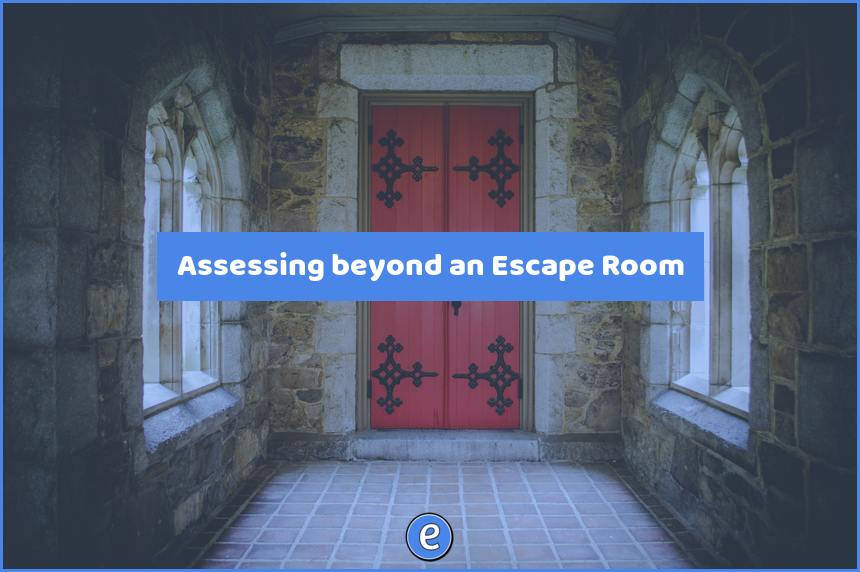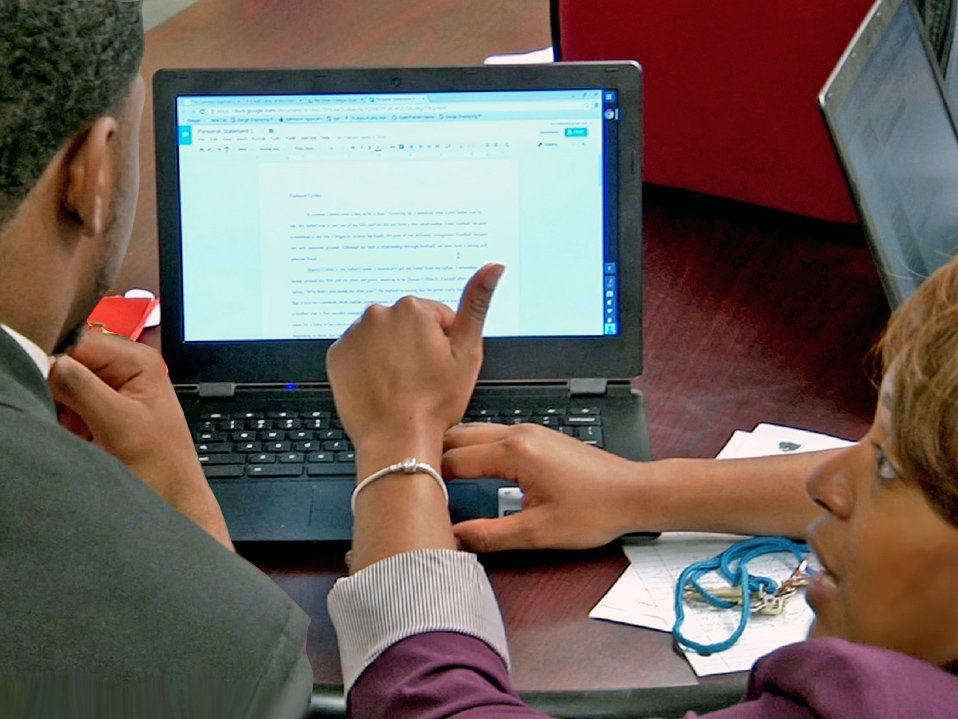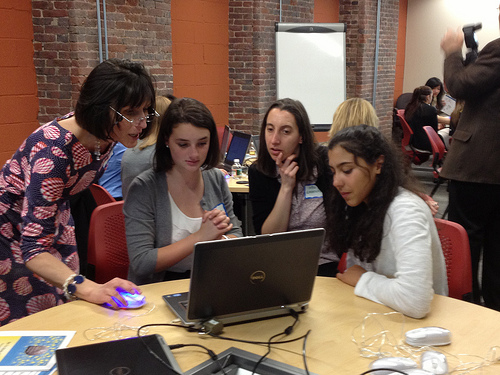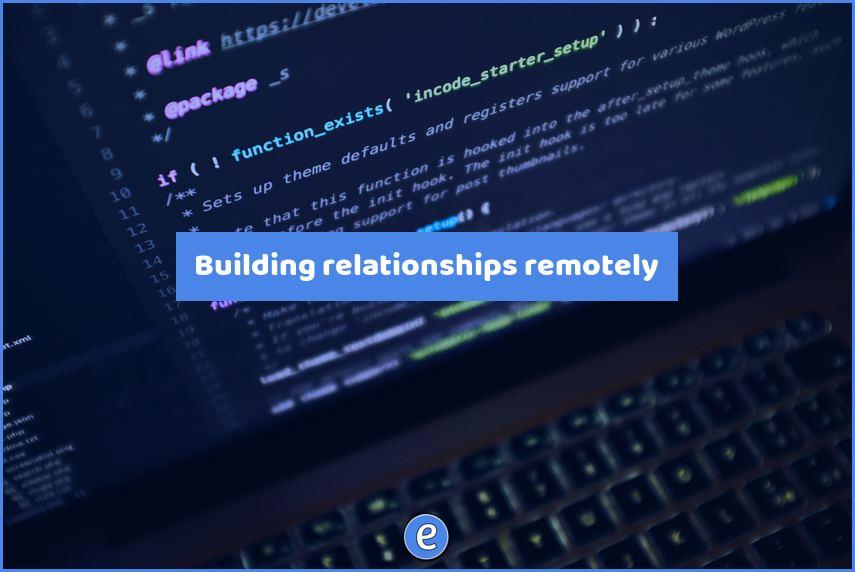
Similar Posts

Assessing beyond an Escape Room
One San Jose private school has come up with a unique solution: The Harker School, self-described as “one of the nation’s top college prep schools,” is putting teams of sixth grade applicants through a virtual escape room. Over a Zoom call, the 11-year-olds work together to solve a series of Harker-themed puzzles, and admissions officers observe their…

A doctor lost her license because she can’t use a computer
An 84-year-old doctor in New London, New Hampshire, appeared in state court Friday in an effort to regain her medical license, less than a week after closing her office on October 28. State authorities claim that—because Dr. Anna Konopka doesn’t have a computer, much less know how to use one—her organizational skills are lacking, according…

The warm demander creating equity in the classroom
He didn’t know it, but this student was asking for his teacher to be more of a warm demander — a key strategy for creating equity in the classroom. Warm demanders are teachers who, in the words of author Lisa Delpit, “expect a great deal of their students, convince them of their own brilliance, and…

How good are people with computers? Apparently not very.
Summary: Across 33 rich countries, only 5% of the population has high computer-related abilities, and only a third of people can complete medium-complexity tasks. Source: The Distribution of Users’ Computer Skills: Worse Than You Think Also, 26% can’t use a computer AT ALL!!!

Integrating technology, not just using it
Using technology for learning makes sense. Technology creates access, transparency, and opportunity. Any smartphone or tablet is media incarnate–video, animation, eBooks, essays, blog posts, messages, music, games. The modalities of light, color, and sound all arranged just so to communicate a message or create an experience. But there is a difference, claims this graphic from teachbytes,…

Building relationships remotely
However, in today’s environment the additional challenge has become: How will I meet people or build relationships from home? Source: Five Strategies Building Relationships Remotely | LinkedIn The article is written for the business world, but it still has some use for teachers and students. Working remotely is not going away, and those that can…